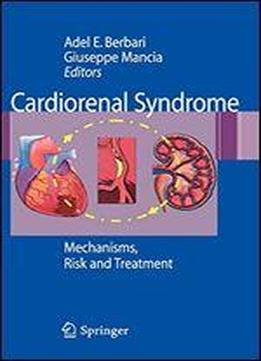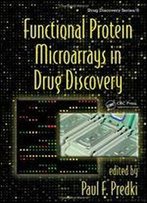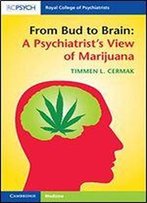
Cardiorenal Syndrome: Mechanisms, Risk And Treatment
by Adel E. Berbari /
2010 / English / PDF
3.6 MB Download
Chronic kidney disease with a worldwide prevalence of 10% in the general population is emerging as a major public health priority. Renal dysfunction is associated with a high risk for cardiovascular complications. The relationship between renal insufficiency and cardiovascular disease, termed the cardiorenal syndrome exists whether impairment of renal function is a consequence of primary renal parenchymal disease or primary heart disease. Several pathophysiologic mechanisms have been postulated to explain the relationship between renal dysfunction and cardiovascular disease. Recent studies indicate an integrated response of the vascular smooth muscles and glomerular mesangial cells to traditional and uremia related cardiovascular risk factors. Traditional risk factors can incite renal impairment and cardiac damage. As renal function deteriorates, uremia-related risk factors play an increasing role both in reduction in glomerular filtration rate and cardiovascular damage. Several uremia related factors such as uncontrolled hypertension, disturbed glucose insulin metabolism, microalbuminuria, phosphate retention, secondary hyperparathyroidism, myocardial and vascular calcification, hypertensive-uremic cardiomyopathy, inflammation, oxidant injury, and neurohormonal dysregulation have been implicated in the pathogenesis of the cardiorenal syndrome. Recent data suggest that management of the cardiorenal syndrome requires aggressive control of traditional risk factors as well novel approaches to prevent or reverse uremia related processes. This book provides a comprehensive update analysis of our current understanding of the cardiorenal syndrome including epidemiology, pathophysiologic mechanisms, and therapeutic approaches.











